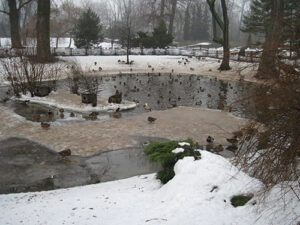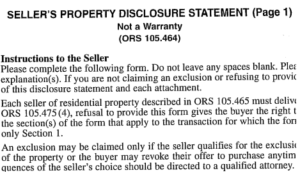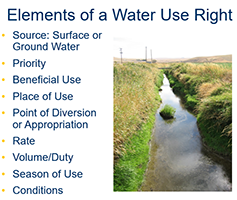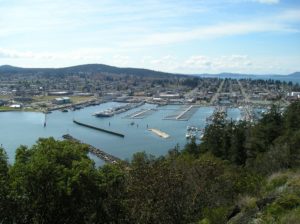Leveraging Technology in Legal Practice

At Schroeder Law Offices we are dedicated to providing exceptional service to our clients. Leveraging advanced technology like TABS3, NetDocuments, Zoom, and Microsoft 365 helps us achieve this goal. They streamline our operations and enhance client satisfaction.
TABS3: Leveraging Technology in Practice Management

TABS3 is a comprehensive practice management software that benefits clients in several ways:
- Efficient Billing and Accounting: Automated billing cycles and detailed financial reports ensure transparency and accuracy. You always know where your case stands financially.
- Accurate Time Tracking: We meticulously track every billable hour, ensuring fair and accurate billing for the time dedicated to your case.
- Organized Case Management: TABS3 centralizes all case-related information, allowing us to manage your case files, deadlines, and communications efficiently.
NetDocuments: Leveraging Technology in Document Management
NetDocuments is our go-to solution for managing legal documents securely and efficiently:
- Secure Cloud Storage: Your documents are stored securely in the cloud, making them accessible from anywhere, which is valuable for remote consultations and collaboration.
- Robust Security and Compliance: NetDocuments protects your sensitive information with top-notch encryption and access controls, ensuring compliance with industry standards.
- Seamless Collaboration: Our team can collaborate on documents in real-time, leading to faster turnaround times and reduced risk of errors.
- Quick Document Retrieval: Advanced search capabilities allow us to locate your documents quickly, ensuring prompt responses to your needs.
Zoom: Leveraging Technology for Remote Consultations
Zoom enables us to connect with you no matter where you are:
- Virtual Meetings: We can hold virtual consultations, making it convenient for you to discuss your case without needing to travel.
- Secure Communication: Zoom provides secure, encrypted communication, ensuring your privacy during our meetings.
- Flexibility: Whether you’re at home or on the go, Zoom allows us to stay connected and keep you updated on your case.
- Integrated Phone, Meetings and Webinars: Zoom handles all our voice and video from internal and external phone calls to client meetings to webinars.
Microsoft 365: Leveraging Technology for Productivity and Collaboration
Microsoft 365 is an essential tool for our daily operations:
- Email Management: Outlook integrates seamlessly with NetDocuments so that we can manage our communications efficiently, ensuring timely responses and organized email history.
- Document Creation and Sharing: Tools like Word, Excel, and PowerPoint allow us to create, edit, and share documents.
Conclusion
At Schroeder Law Offices embracing technology is essential to delivering the best possible service to our clients. TABS3, NetDocuments, Zoom, and Microsoft 365 are just a few examples of how we leverage advanced tools to manage our practice more effectively. By using these technologies, we can focus on what we do best—advocating for you and achieving the best outcomes for your legal matters.
Thank you for trusting us with your legal needs. If you have any questions about how we use technology to your benefit please call or email.












